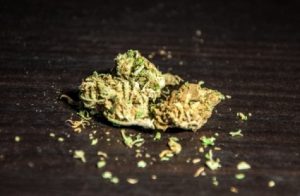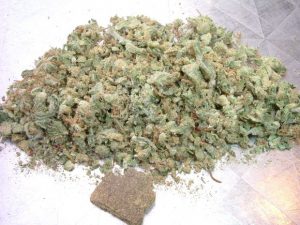Pot Policy 101: L.A. Marijuana Lawyers Urge Polishing Up on Your California Prop 64 Proficiency
Let’s talk pot shop. As long-time L.A. marijuana lawyers, we’ve seen the industry in California morph from its early days as the first state in the U.S. to legalize medical marijuana in the 1990s to joining a growing number of cannabis companies celebrating legal recreational use of the drug, officially allowable after Jan. 1, 2018. However, the passage of this measure did not open the market floodgates. In fact, certain rules are fairly strict and you must be mindful of them when in public, engaging in business with marijuana companies and especially if starting one yourself. 
For those who may be new to California, just landed a job here, have an upcoming visit or perhaps are just now interested in testing the THC waters, here are the main things you need to know. Continue reading
 Cannabis Law Group's Medical Marijuana Legal Blog
Cannabis Law Group's Medical Marijuana Legal Blog






 work in states where marijuana has been legalized by allowing them to benefit from their state’s laws without fear of losing their job.
work in states where marijuana has been legalized by allowing them to benefit from their state’s laws without fear of losing their job.  Michigan, where recently an anti-marijuana action committee has flipped its stance in an attempt to try to gain control of state regulations, according to a
Michigan, where recently an anti-marijuana action committee has flipped its stance in an attempt to try to gain control of state regulations, according to a 


